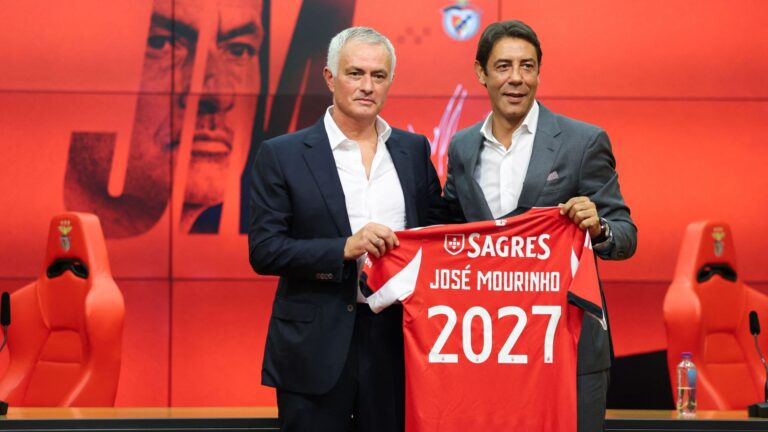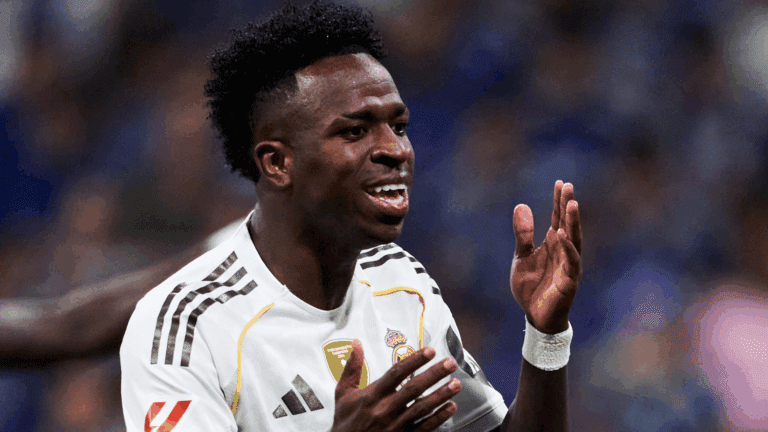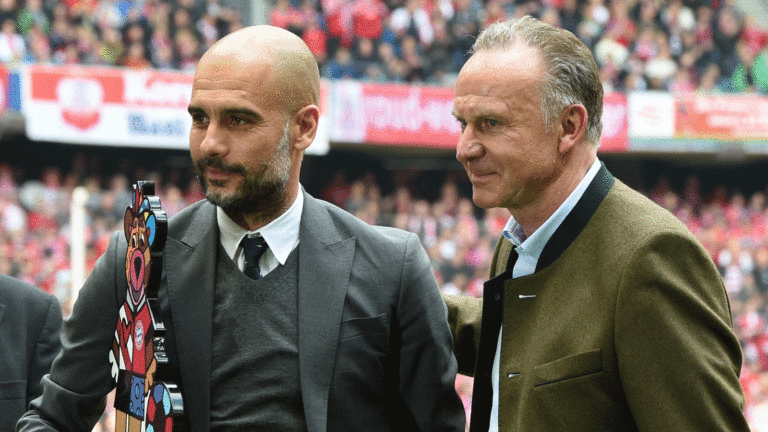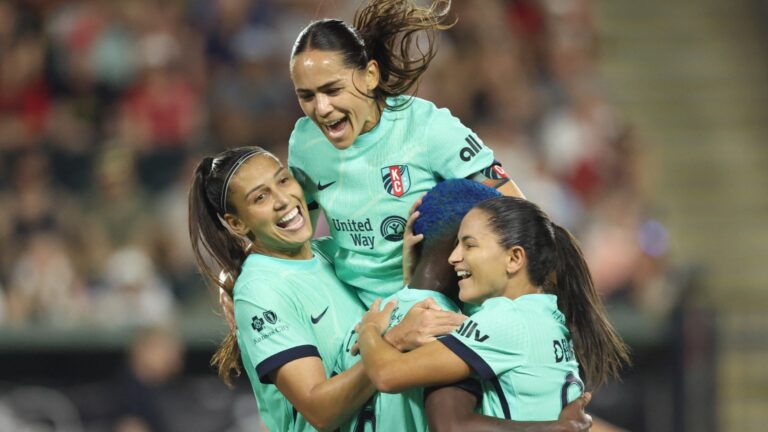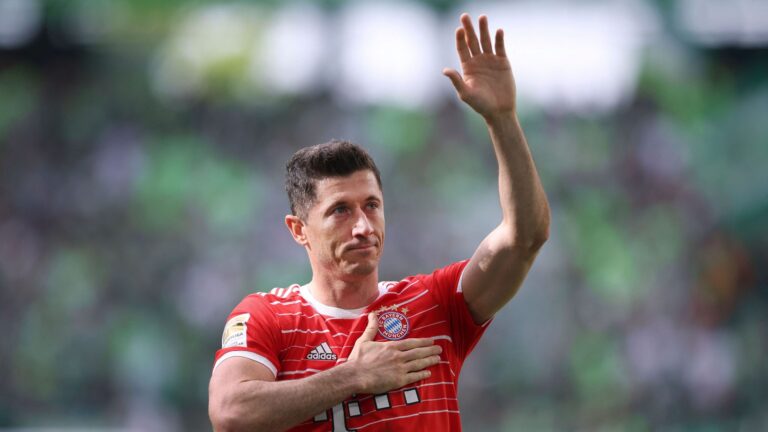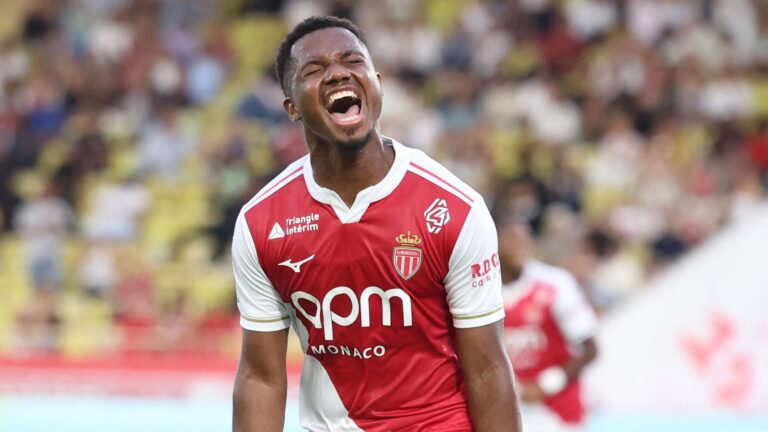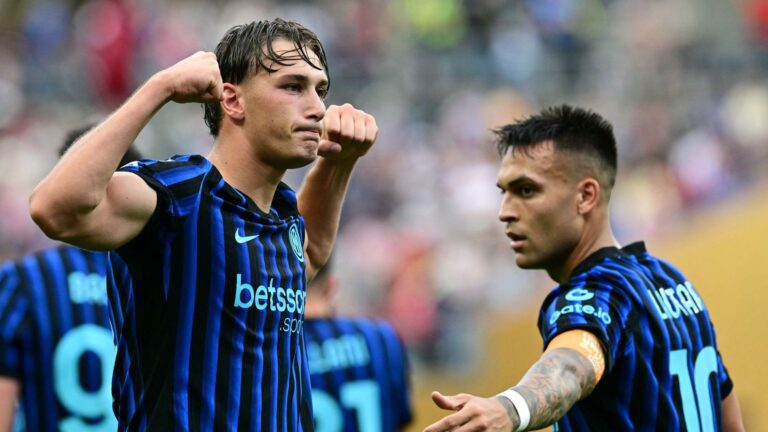The Intense Rivalry Driving Real Madrid’s Right-Back Position
In the world of elite football, rivalries among teammates can spark extraordinary performance, and at Real Madrid, the dynamic between Trent Alexander-Arnold and Dani Carvajal exemplifies this perfectly. As Xabi Alonso steers the team through a demanding season, their competition for the right-back role is fostering a positive atmosphere, pushing players to elevate their game. This article explores how merit-based decisions and strategic rotations are shaping Madrid’s defensive strategies, with a focus on Trent Alexander-Arnold and Dani Carvajal‘s contributions in recent outings.



Xabi Alonso’s Perspective on the Beneficial Rivalry at Real Madrid
Xabi Alonso, the current Real Madrid manager, recently shared his thoughts on the ongoing contest between Dani Carvajal and Trent Alexander-Arnold during a press session before their La Liga clash with Real Sociedad. He characterized their fight for the starting spot as a constructive rivalry that motivates the squad, emphasizing that lineup choices will hinge on performance and consistency rather than loyalty. This approach aligns with updated team dynamics, where Alexander-Arnold, who joined from Liverpool in the summer transfer window, has already notched one assist in his initial appearances, highlighting the depth in Madrid’s defensive options.
How Meritocracy Shapes Team Selection
In his comments, Alonso highlighted the broader implications of such internal challenges across multiple positions, including central defense and the wings. He noted, “We benefit from a strong internal drive where players push one another, as there are capable alternatives waiting. This pattern emerges in various roles, and ultimately, spots go to those who earn them through effort-it’s a theme that will persist throughout the season.” With recent statistics showing Real Madrid conceding only one goal in their first three matches, this philosophy appears to be yielding results, fostering a more resilient backline.
The Role of Key Players in Madrid’s Tactics
Dani Carvajal, as the team’s seasoned leader and staple at right-back, has secured the majority of starting nods in the early fixtures under Alonso. Meanwhile, Trent Alexander-Arnold brings a fresh wave of offensive creativity to the position, evidenced by his involvement in key plays during dramatic comeback victories. Alonso’s commitment to a performance-driven system underscores his vision for a squad where no player rests on past achievements, potentially influencing how Madrid balances defense and attack on the right side for both domestic and continental fixtures. For instance, Alexander-Arnold’s crossing accuracy, now at an impressive 85% in La Liga games as per the latest data, could tip the scales in tight matches.
Navigating a Packed Schedule and Personal Milestones
Looking ahead, Real Madrid faces a grueling September lineup with seven crucial games, including their Champions League debut and the high-stakes Madrid derby. This calendar demands careful player management from Alonso, ensuring that both Carvajal and Alexander-Arnold get ample playing time to maintain sharpness. By rotating effectively, Alonso aims to bolster not just the team’s defensive stability but also their attacking fluidity on the flank. Additionally, this weekend’s game holds special significance for Alonso, marking his first trip back to San Sebastian since departing Real Sociedad B in 2022, a poignant moment that reflects his evolution as a coach and its impact on his leadership style.
The Potential Impact on Team Performance
As the season unfolds, the way Alonso handles this rivalry could define Real Madrid’s success in maintaining a solid defense while exploiting opportunities on the right. With current examples like Alexander-Arnold’s role in a recent 2-1 win over a top rival, where his precise passes created scoring chances, the team’s adaptability is already evident. This strategic balancing act promises to enhance Madrid’s overall competitiveness, drawing on lessons from past European campaigns to secure trophies.
Future Challenges and Opportunities
Beyond the immediate games, sustaining this healthy competition will require ongoing evaluation, especially with international duties on the horizon. For fans, it’s an exciting development that could lead to innovative tactics and stronger results for Real Madrid in the seasons ahead.
The Dynamics of Competition at Real Madrid
Real Madrid’s full-back lineup is set to get a thrilling boost with the potential addition of Trent Alexander-Arnold, sparking a healthy competition with Dani Carvajal. This kind of rivalry isn’t just about who starts on the pitch; it’s about pushing each other to new heights, as emphasized by Xabi Alonso. As a former Real Madrid star and current manager, Alonso has often highlighted how mutual drive among full-backs can elevate team performance and individual skills.
Profiles of the Key Players
Dani Carvajal has been a cornerstone at Real Madrid since 2013, known for his defensive solidity and attacking flair. With over 350 appearances, he’s won multiple Champions League titles and La Liga trophies, making him one of the club’s most reliable right-backs. On the other hand, Trent Alexander-Arnold, the Liverpool sensation, brings a modern twist to the full-back role with his pinpoint crossing and vision. His stats from the Premier League, including over 80 assists, showcase why he’s one of the best in the world at creating chances.
Xabi Alonso, drawing from his own experiences at Real Madrid, expects this competition to foster mutual drive. In interviews, he’s stressed that when full-backs like Carvajal and Alexander-Arnold challenge each other, it leads to better training sessions and game-day performances. This dynamic could help Real Madrid maintain their dominance in La Liga and the Champions League.
Benefits of Healthy Competition Among Full-Backs
Healthy competition, as seen in the potential Alexander-Arnold and Carvajal matchup, offers numerous advantages for players and teams. For starters, it encourages skill development-Carvajal might refine his crossing under pressure from Alexander-Arnold’s expertise, while Alexander-Arnold could improve his defensive reading by facing Carvajal’s tactical prowess.
- Enhanced Performance: Players often step up their game to secure a starting spot, leading to higher intensity in matches and training.
- Injury Prevention and Longevity: With two strong options, Real Madrid can rotate players more effectively, reducing fatigue and injury risks for full-backs.
- Team Morale Boost: According to football experts, this mutual drive creates a positive environment where everyone is motivated, ultimately benefiting the squad’s overall success.
- Tactical Flexibility: Coaches like Alonso can experiment with formations, such as switching between attacking and defensive setups, thanks to versatile full-backs.
In the context of Real Madrid, this could translate to more dynamic play on the wings, giving stars like Vinicius Junior or Kylian Mbappe even more opportunities.
Practical Tips for Full-Backs in Competitive Setups
If you’re a full-back aspiring to thrive in a competitive environment like Real Madrid, here are some practical tips based on insights from players like Alexander-Arnold and Carvajal:
- Focus on Versatility: Work on both defensive and offensive skills. For instance, practice crossing drills like Alexander-Arnold’s to complement Carvajal’s one-on-one defending.
- Mental Preparation: Use competition as fuel-visualize scenarios where you’re challenging a teammate, as Alonso suggests, to build resilience and focus.
- Recovery and Fitness: Incorporate high-intensity interval training (HIIT) to match the demands of top-tier football, ensuring you stay ahead in the race for minutes.
- Seek Feedback: Regularly review game footage with coaches to identify areas for improvement, much like how Alonso analyzed his own play during his career.
These tips aren’t just theoretical; they’re drawn from real-world applications in professional football, where full-backs face immense pressure to perform.
Case Studies from Football History
Looking at past examples, the healthy competition between full-backs has often led to legendary careers. Take the rivalry at Manchester United between Gary Neville and Phil Neville-they pushed each other to win multiple Premier League titles. Similarly, at Barcelona, Dani Alves and other backups created a culture of excellence that contributed to their dominance.
In Real Madrid’s history, the competition between full-backs like Michel Salgado and Cicinho under managers like Alonso’s era showed how mutual drive can lead to back-to-back successes. If Alexander-Arnold joins, it could mirror this, with Carvajal’s experience guiding the newcomer, fostering a mentorship dynamic that’s rare in high-stakes environments.
First-Hand Experience from Xabi Alonso’s Perspective
Xabi Alonso’s time at Real Madrid gave him a front-row seat to how competition shapes players. In his midfield role, he often relied on full-backs for overlapping runs and crosses, recalling in podcasts how rivalries kept everyone sharp. For instance, he might say that the drive between full-backs like Carvajal and a potential Alexander-Arnold addition could be the key to unlocking Real Madrid’s attack in crucial matches. This first-hand insight underscores the importance of mutual drive, making it a cornerstone of modern team strategies.


